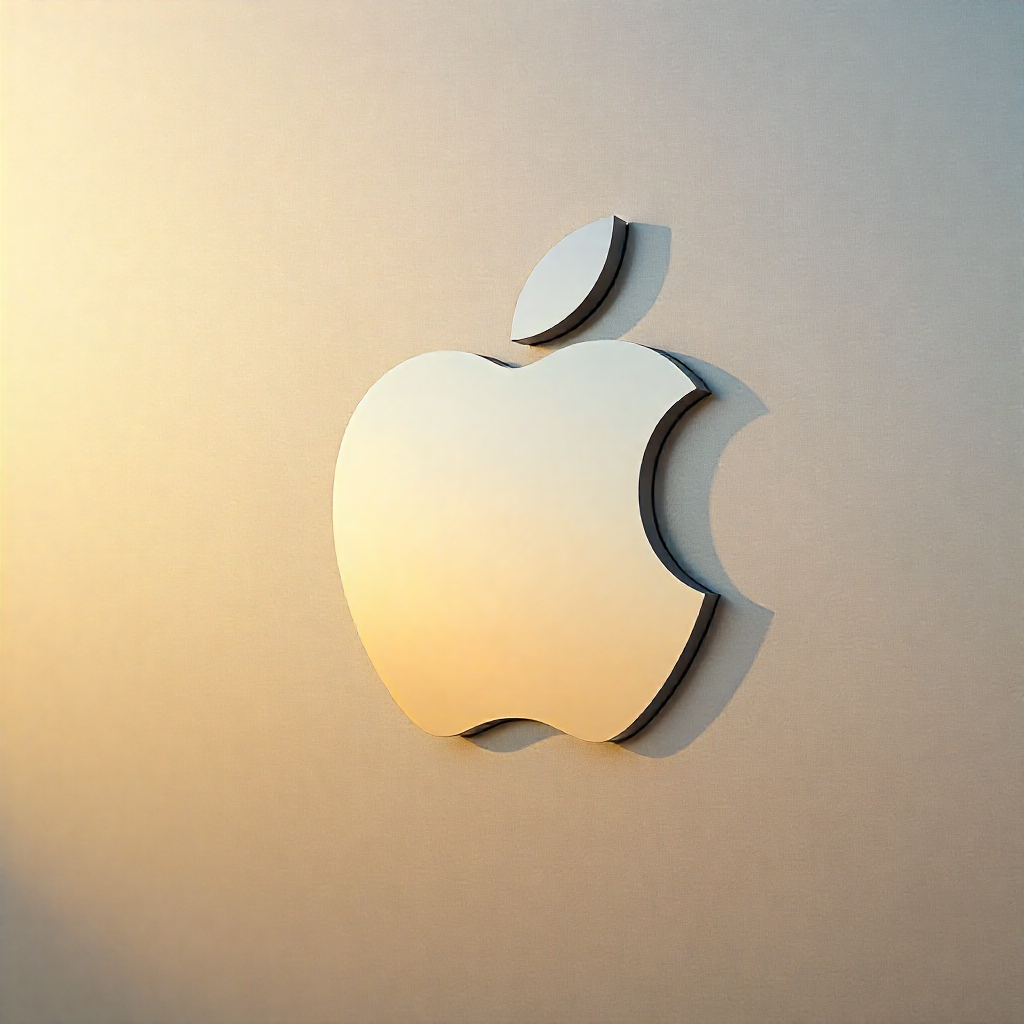Apple has announced a delay in launching its flagship AI suite, Apple Intelligence, along with related features like iPhone Mirroring and SharePlay screen sharing, in the European Union, citing regulatory uncertainty under the Digital Markets Act (DMA). While these functionalities will roll out broadly in markets such as the U.S., U.K., and others by 2025, EU users are now expected to wait longer.(Globedge)
Why the EU Delay?
Apple argues that the DMA imposes interoperability requirements, which would force the company to open proprietary features to third party apps. This, Apple contends, would compromise security and user privacy by diluting control over its tightly integrated ecosystem. The company has made clear that complying could degrade the quality of its products.(The Guardian)
At a Brussels workshop with EU officials, Apple Legal VP Kyle Andeer stated:
“We’ve already had to make the decision to delay the release of products and features … we’re working to find solutions to deliver them as swiftly as possible.”(MacRumors)
Impacted Features
- Apple Intelligence: A full suite of generative AI tools integrated into iOS 18 / macOS Sequoia / iPadOS 18, launched in the U.S. in late 2024, with extensions into global markets planned throughout 2025.(AiNews.com)
- iPhone Mirroring: Enables seamless interaction between iPhones and Mac computers.
- SharePlay Screen Sharing: Expanded collaborative sharing across Apple devices.
- Visited Places: A privacy-oriented Maps feature slated for iOS 26 now not rolling out in the EU as scheduled.(The Guardian)
Regulatory Context
The EU’s Digital Markets Act, in effect since March 2024, designates Apple as a “gatekeeper,” requiring it to enable greater interoperability across devices and platforms. The DMA mandates that rivals should be able to interact with Apple’s ecosystem such as installing third-party messaging clients or AI models on iOS. Apple maintains this poses unacceptable privacy and security risks.(macfarlanes.com). Meanwhile, the European Commission has criticized Apple’s decision to delay these releases, emphasizing that compliance with DMA rules must be maintained. EU competition chief Margrethe Vestager called Apple’s stance “stunning,” calling it a sign the company intends to avoid competition obligations by withholding features.(macfarlanes.com).
Apple has also been fined €570 million by EU regulators earlier in 2025 for violating DMA related app store restrictions, part of broader €700 million sanctions alongside Meta further intensifying tensions.(Reuters)

Timeline & Geographic Rollout
| Region | Status of Apple Intelligence & Related Features |
|---|---|
| United States & U.K. | Fully supported; initial launch in October 2024 |
| Australia, Canada, South Africa, Middle East | Rolling out gradually through 2025 (iOS 18.4, etc.)(Wikipedia) |
| European Union | Major delay; features withheld until regulatory issues resolved, likely into 2025 |
Broader Implications
- Innovation vs Regulation: Apple argues that the DMA stifles innovation and forces disclosure of proprietary technology. Critics, including regulatory and consumer groups, see such safeguards as vital to fair competition and user choice.(CDO Magazine, AP News)
- Market Dynamics: Delay of AI tools in the EU may slow adoption rates for Apple hardware and diminish competitiveness against Android-based AI experiences in European markets.
- Legal and Political Friction: Apple is appealing EU orders requiring more platform openness, dedicating hundreds of engineers to resolve compliance issues while lobbying against accelerated enforcement of upcoming AI Act deadlines.(Reddit, New York Post)
Summary
Apple is delaying the EU launch of Apple Intelligence and certain iOS 26 features due to regulatory requirements under the Digital Markets Act. These rules compel interoperability, which Apple claims would expose user data and harm product integrity. While these AI functions are launching in many global markets by 2025, European access is postponed until Apple clarifies compliance or negotiates exemptions. This development highlights broader tensions between EU antitrust enforcement and Big Tech’s desire to maintain closed, secure platforms. Apple asserts it remains committed to delivering these features to EU users once a viable compliance path is found, but for now, its AI roadmap is Europe on pause.

